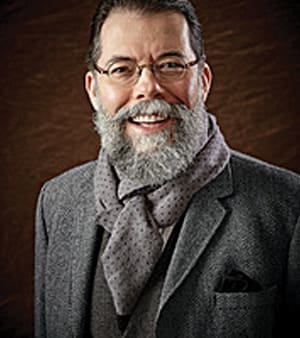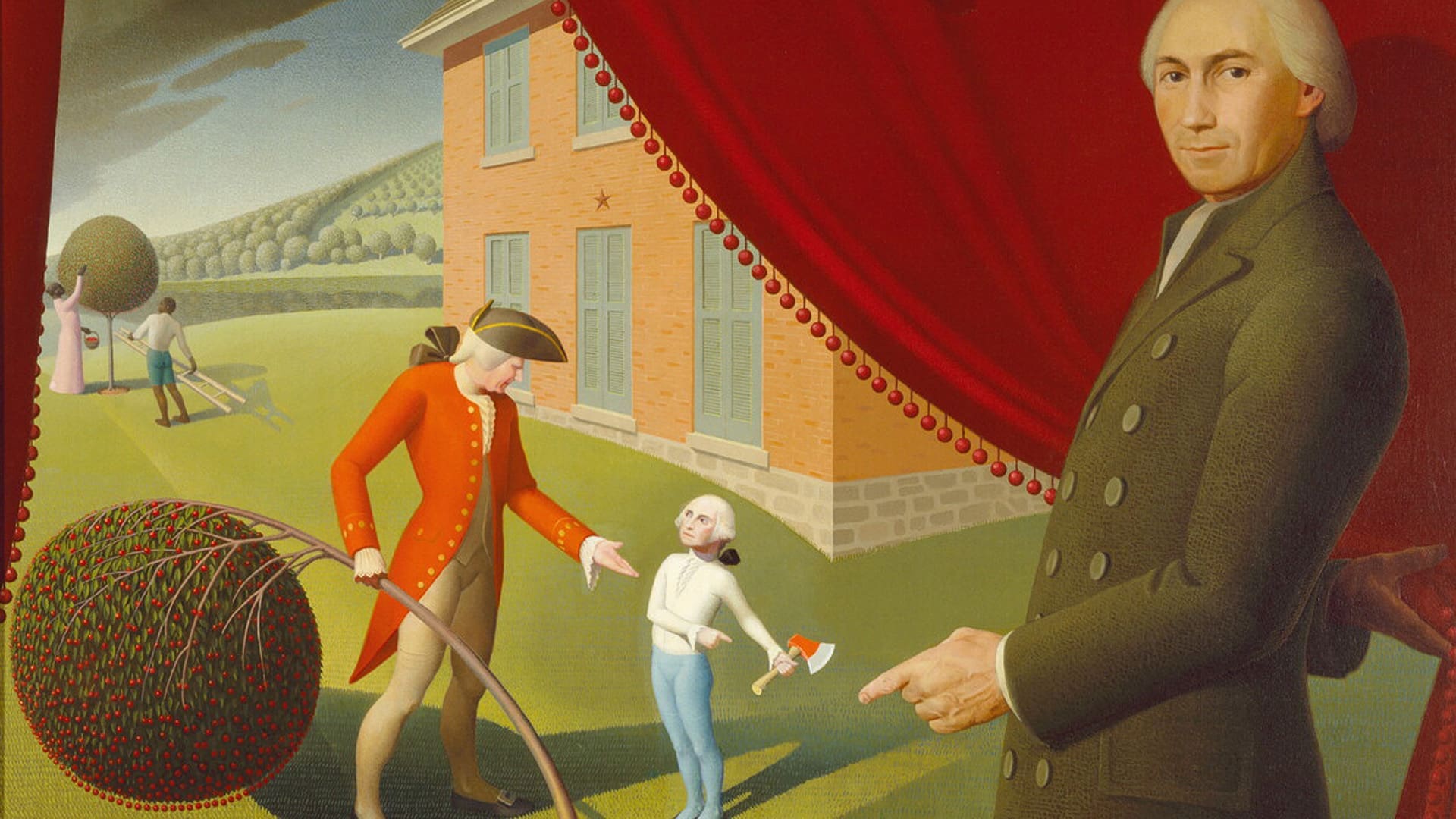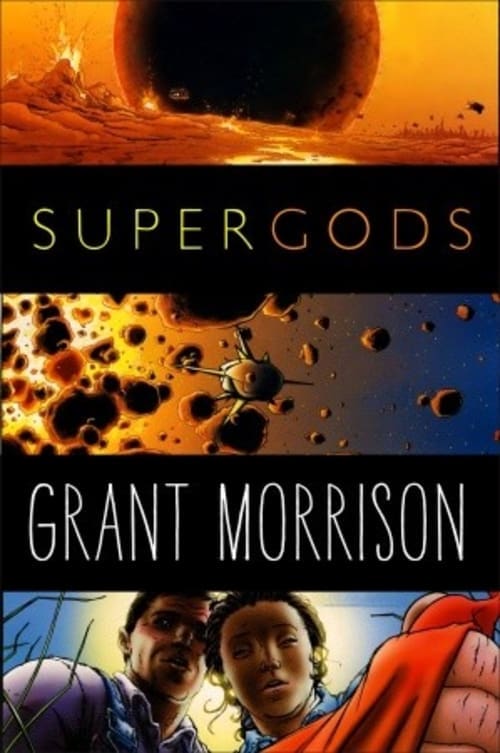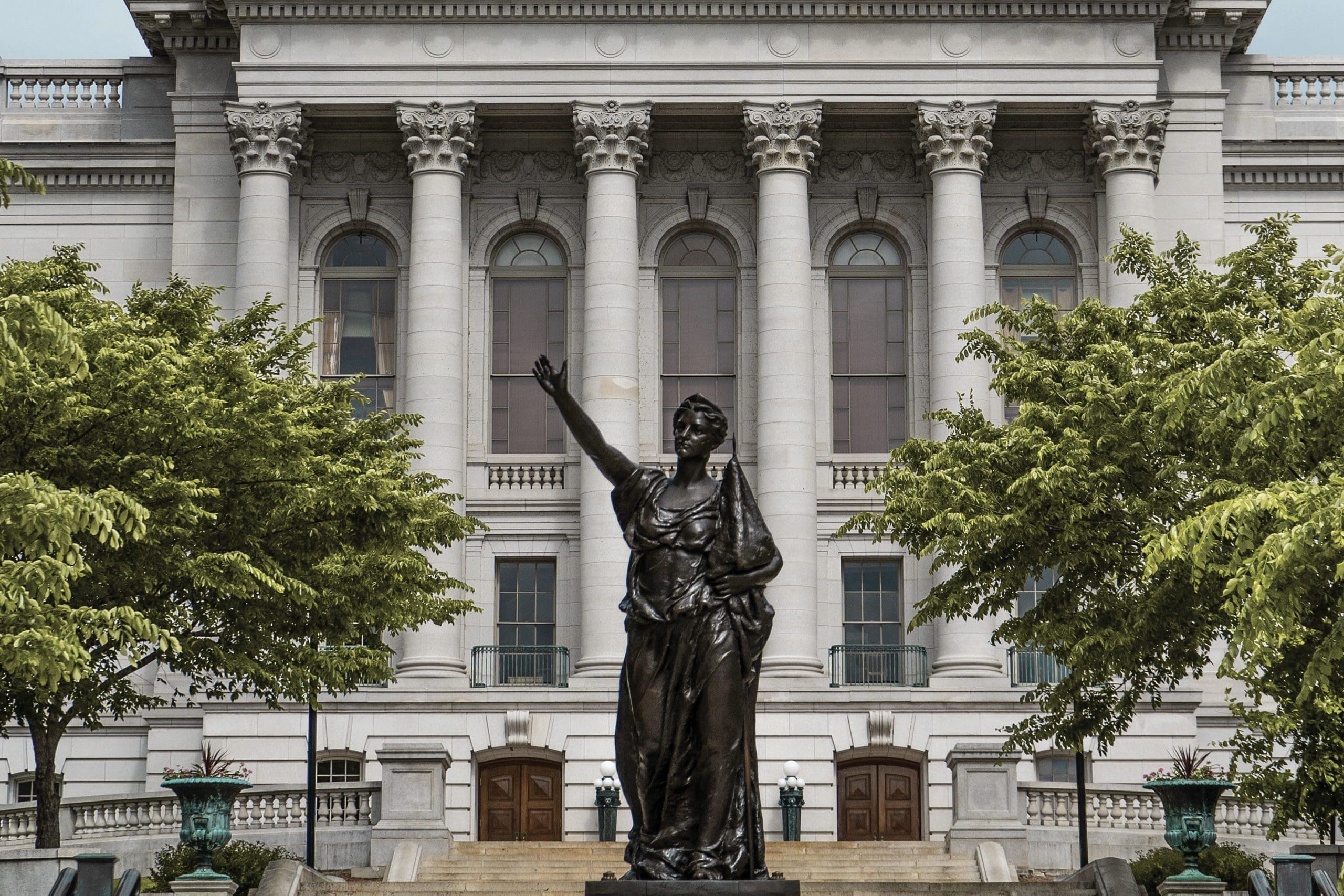E
Every year, when I teach an introductory course in Canadian politics, I ask my students the same question: When did Canada become an independent nation? No one answers immediately, because they are not sure how to respond. It’s a trick question really, because there is no single correct answer. I usually receive a range of replies, beginning with 1867 and going up to 1982, which marked the patriation of the constitution. Some have gone so far as to argue (incorrectly) that Canada still is not independent because we share our Queen with the United Kingdom.
This fuzziness about the origins of our nationhood is one of the things that distinguishes us as Canadians from our American cousins. Americans know that their country became independent on July 4, 1776, and they celebrate this date faithfully every year. (All the same, Great Britain didn’t recognize this until September 3, 1783.) We in Canada have a similar celebration three days earlier, but it’s not quite the same thing. Yes, the British North America Act went into effect on July 1, 1867, thereby creating the Dominion of Canada. But we were not really independent. We were still very much part of the British Empire, with our foreign policy being set in London. When Britain went to war with Germany in 1914, Canada was at war too. Nevertheless, McMaster University’s Janet Ajzenstat has placed the date of Canada’s independence much earlier than most observers, claiming that once the British North American colonies had adopted responsible government in 1848, they were effectively independent.
A more likely date is 1931, which saw the Statute of Westminster transform the British Empire into the Commonwealth of Nations, a free association of independent states all but two of which have past connections with Great Britain. After this point Canada was responsible for its own foreign policy, although the Judicial Committee of the Privy Council in London continued to hear appeals of court cases relevant to Canada until 1949.
In short, the answer to my question is a complicated one and cannot be answered with a single date. If the students are initially quiet, they soon become more talkative as they weigh the merits of focussing on specific stages in Canada’s evolution toward full nationhood.
I doubt very much I would find the same degree of initial reticence among Americans, who, from my experience, generally know their own history better than Canadians do theirs, and take more ownership of it as well. If American nationhood and identity were still up for grabs until the mid-nineteenth century, they no longer are. American pride in what might be called a founding myth is as strong, if not stronger, than that of many nations, including Canada, and it has contributed powerfully to the formation of a distinctive political culture. Two elements of this are worth noting and contrasting to Canada.
First, there is the myth of American exceptionalism, which has weak and strong forms. The weak form has it that America is exceptional because it is the particular homeland of a particular people. Nothing more, nothing less. In this sense every country is exceptional to its own inhabitants. America’s exceptionalism takes its place alongside that of many others.
In its strong form, of course, America is conceived to be much more than a home to its people. It is the very embodiment of universal principles possessing relevance for the whole of humanity—if only humanity would sit up and take notice. America is said to be unique in so far as it incarnates the ideals of life, liberty, and the pursuit of happiness in a world yearning, often unsuccessfully, to be free. This strong form of exceptionalism has motivated expansive tendencies in US foreign policy throughout its history, including the presidencies of Woodrow Wilson and George W. Bush.
Canadians, of course, generally take exception to American exceptionalism. We have nothing remotely comparable. Canadian nationhood developed within the framework of the nineteenth century’s superpower, namely, the British Empire. Before 1947 we Canadians were not even citizens of our own country; we were British subjects resident in one of Britain’s far-flung dominions. In this we were no different from Australians, New Zealanders, and South Africans. To be sure, we would develop our own local loyalties, but these were subordinated to the larger allegiance to the Empire.
It is not surprising then that Canadians are more accustomed than Americans to thinking of their allegiances as multiple and layered. That most Québécois are loyal to Québec first and Canada second does not bother most of us. That some older English-speaking Canadians still stubbornly fly the Union Jack is never taken as a sign of disloyalty to Canada. Quite the contrary. We Canadians love our country but recognize that it has no exclusive claim on our affections or even on our resilient political institutions, which we share in large measure with other Commonwealth realms. After all, it was our first Prime Minister, Sir John A. Macdonald, who famously said: “A British subject I was born, a British subject I will die,” sensing no conflict between local loyalty and a more encompassing political allegiance. Perhaps this explains why Canadians are more willing than Americans to pool their sovereignty with other nations in international organizations such as the United Nations, where we have played a crucial peace-keeping role for more than half a century.
Second, Americans mythologize their founding generation more easily than Canadians do their own. American school children are raised on a national narrative in which the likes of George Washington, James Madison, and Thomas Jefferson play larger-than-life roles. Washington is often designated “Father of our Country,” and his life story is replete with the appropriate heroic myths intended to inspire young people to feats of greatness. Mason Locke Weems’s story of the young George Washington and the cherry tree is a well-known example of this. Many Christians in particular like to think of the founding generation as exceptionally godly, with the eighteenth-century architects of the United States Constitution employing biblical principles in fashioning American political institutions.
By contrast, Canadians would find it difficult to view the Fathers of Confederation as heroic or even godly. To be sure, Sir Oliver Mowat wrote in the field of Christian apologetics, and Sir Samuel Leonard Tilley is reputed to have originated both the term dominion as a designation for Canada (kingdom having been vetoed by London) and the new country’s motto, a mari usque ad mare (“from sea to sea”), after reading Psalm 72:8 during morning devotions. Nevertheless, Macdonald himself was a heavy drinker who managed to embroil his government in the Pacific Scandal, which implicated two more Fathers, Sir George-Étienne Cartier and Sir Hector-Louis Langevin. There has been no Canadian Weems who might regale the country’s youth with tales of Macdonald’s heroic boyhood exploits. There is not even a tale of the young Sir John confessing truthfully and remorsefully that he had broken into his father’s liquor cabinet!
All of which is to say that, if we are not exactly a people without a history, the history we do have does not generally excite or inspire us. Americans endlessly re-enact Civil War battles, turning that country’s most trying hour into something approaching a national hobby—complete with costumes and toy muskets—engendering more camaraderie than division. This year marks the 200th anniversary of the War of . . . well, you do the math. Although the Battle of Stoney Creek is regularly restaged not far from where I live, one gets the distinct impression that the sponsors are attempting to repackage a complex two-and-a-half-year conflict that no one really won into an occasion for celebrating a nationhood of which both sides were dimly, if at all, aware at the time.
Yet this is what it means to be Canadian: We are compelled to settle for the residue of more than one national identity patiently filtered through a dense thicket of parliamentary statutes, orders-in-council, legal precedents, and committee minutes—all under the benevolent eye of something called the Crown to which we owe (some) loyalty. Will this be sufficient to carry us through the second half of our second century, which we will enter in five years? Only, I suggest, if we have the presence of mind to recognize the singular gift we possess in our exceptionally durable political institutions. In a world where paper constitutions function more as periodical literature, in the words of one observer, than as fundamental law, we in Canada have every reason to be thankful for a system that has worked so well for so long. It may not be an especially flashy or stirring basis for nationhood, but we could do considerably worse.






